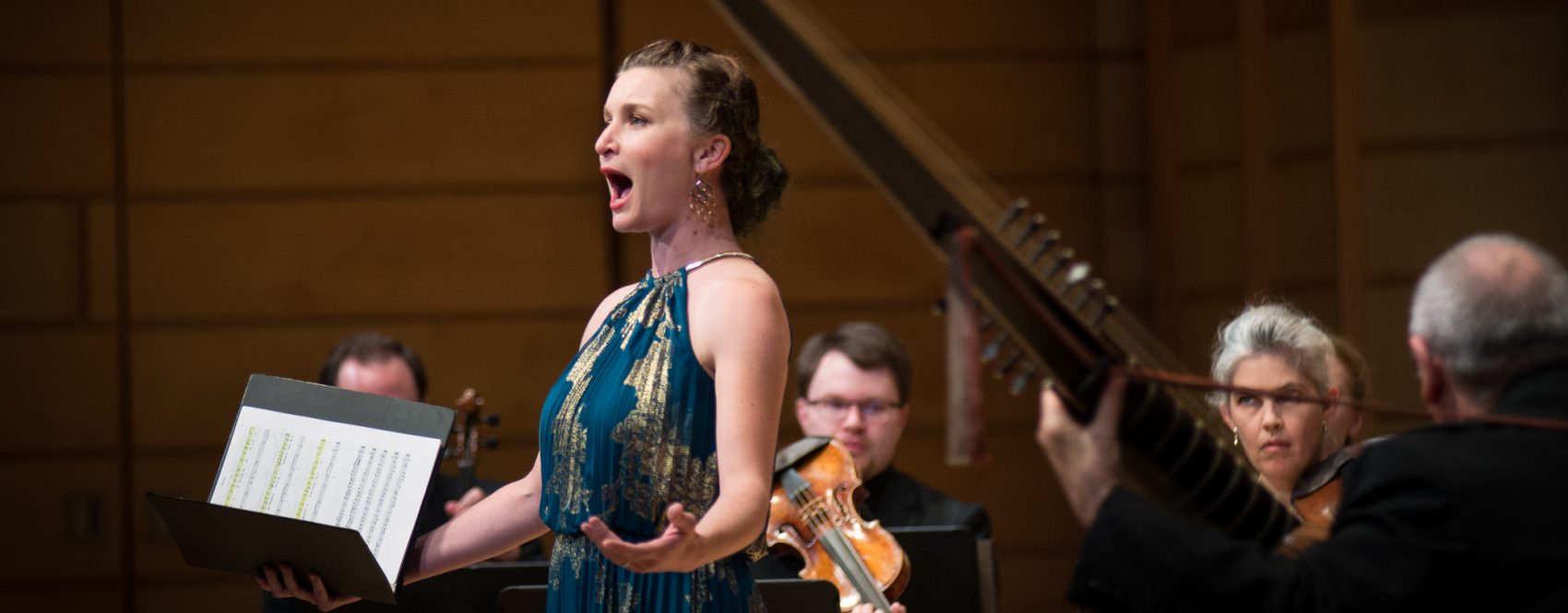Chan Shun Concert Hall at the Chan Centre for the Performing Arts | Map
David Fallis, music director; Cappella Borealis; Arwen Myers, soprano; Danielle Reutter-Harrah, soprano; Vicki St. Pierre, alto; Colin Balzer, tenor; Festive Cantatas: A Monteverdi Christmas Vespers, alto; Kevin Skelton, tenor; Paul Grindlay, bass; Martin Auclair, bass; Marc Destrubé, violin; Linda Melsted, violin; Natalie Mackie, bass viola da gamba; Nathan Whittaker, cello; Curtis Daily, double-bass; Alex Opsahl, cornett; Kiri Tollaksen, cornett; Christina Hutten, organ; Konstantin Bozhinov, theorbo/lute; John Lenti, theorbo/lute; Alex Fisher, sackbut; Jeremy Berkman, sackbut; Ellen Marple, sackbut; Nathan Wilkes, sackbut
With violins, cornetti, sackbuts, theorbos, keyboards and voices, EMV’s Christmas presentation this season recreates the lavish celebration of Christmas Vespers from the Church of San Marco in 17th-century Venice, with music by the incomparable Claudio Monteverdi! Featuring works from his 1641 collection of sacred music, the concert will resound with the glorious sounds of a Christmas celebration you won’t soon forget. Gloria in excelsis!
To view/download the programme and the texts and translations for this concert, please click here.
This concert is generously supported by the Drance Family and Sharon E. Kahn
Programme
Christmas Vespers
by Claudio Monteverdi
I Versicle: Deus in adiutorium
Respond: Domine ad adiuvandum me festina (Alessandro Grandi)
II Antiphon: Rex pacificus
Psalm 109: Dixit Dominum
Motet: Laudate Dominum in sanctis eius
III Antiphon: Magnificatus est
Psalm 110: Confitebor tibi
Motet: O bone Jesu
IV Antiphon: Completi sunt
Psalm 111: Beatus vir
Motet: Cantate Domino
V Antiphon: Scitote quia prope est regnum Dei
Psalm: 112: Laudate pueri
INTERMISSION
Motet: Salve Regina
Sonata prima a 4 (G. B. Buonamente)
VI Antiphon: Levate capita vestra
Psalm 116: Laudate dominum omnes gentes
Motet: Canzonetta spirituale sopra la nanna (Tarquinio Merula)
VII Hymn: Jesu redemptor omnium
VIII Antiphon: Cum ortus fuerit
Magnificat à 8
Programme Notes
Christmas Vespers in 17th-century Venice
On Christmas Eve, Vespers is celebrated with the sweetest sounds
of voices and instruments by the salaried musicians of the church
and by others hired specially to make a greater number,
since on that evening they sing in eight, ten, twelve and
sixteen choirs to the wonder and amazement of everyone,
and especially of foreign visitors, who declare that they
have never heard music as rare, or as remarkable in
other parts of the world.
This wonderful description of Christmas vespers in 17th-century Venice comes from Francesco Sansovino’s Venetia, città nobilis et singolare, descritta in XIIII libri (“Venice, Singular and Noble City, described in 18 volumes”). Sansovino was an Italian editor, translator and publisher, and his encyclopedic portrait of his adopted city, published in the second half of the 17th century, is a useful source for descriptions of churches, works of art, personalities, famous events, and customs of the time.
Claudio Monteverdi had come to work in Venice in 1612, after over twenty years of service for the Gonzaga family in Mantua, where he had been employed as a court musician (not, as is sometimes assumed, as a church musician). In fact, his famous 1610 publication of sacred music, which includes the beloved Vespers of 1610, was most likely assembled to display Monteverdi’s skill as a church composer at a time when, towards the end of his tenure with the Gonzagas, he became increasingly dissatisfied with his treatment and opportunities at the Mantuan court, and he began to seek a position with a leading ecclesiastical establishment elsewhere. He made tentative enquiries in Rome, but when, in 1612, the position of maestro di capella at San Marco in Venice came available, Monteverdi applied. In the report signaling his appointment to the position, the procurators of St. Mark’s commended him as “a most outstanding individual” and stated that they “are further confirmed in this opinion of his quality and virtue both by his works which are found in print and by those which today Their Most Illustrious Lordships have sought to hear”.
In Monteverdi’s time, San Marco was not the cathedral of Venice, but rather the chapel of the doge, the ruler of the Venetian city-state. It had its own special liturgy that sometimes varied considerably from the Roman rite formalised by the Council of Trent (the Tridentine rite). Although in his new position, Monteverdi was required to compose a great deal of sacred music, it was not until 1640/41 that another large collection of his music appeared in print. This was the Selva morale e spirituale, which, like his 1610 publication, included music in a wide variety of styles, including music for the mass, psalm settings suitable for vespers services, and motets that could be used on many occasions. Interestingly, very few of the unusual items from the liturgy of San Marco were included. Monteverdi seems to have intended his publication for as many churches as possible, and was careful not to make the collection specific to his place of employment. It is from this collection that most of the music on tonight’s program is taken; we have constructed an order which follows the Tridentine rite for the First Vespers of Christmas, celebrated on Christmas Eve.
Vespers is one of the eight daily services that together form the Divine Office, celebrated (in some churches and monastic orders since the sixth century) around the clock at intervals of roughly every three hours. As early as the Middle Ages, the vespers service assumed special significance among the Office hours, and it has long been a favourite for musical elaboration. The service consists of an opening verse and response; five psalms, each preceded and followed by an antiphon (a brief work of plainsong specific to the themes of the day); a short Bible reading; a hymn; another verse and response; the Magnificat, also preceded and followed by an antiphon; prayers, and a benediction.
In a 1639 set of rules governing services in Venice, it was allowed that sacred motets could be sung between the psalms at vespers. Most likely, these motets acted as “antiphon replacements” by which an appropriate sacred motet could be substituted for the antiphon repeated after each psalm. We have followed this practice, and in our choice of motets have concentrated on celebratory texts, and texts relating to the two main figures of the Christmas Eve story, Mary and Jesus. All of the music on the program is by Monteverdi, except the opening respond, set by Alessandro Grandi, and the remarkable spiritual madrigal by Tarquinio Merula which is used as the antiphon substitute after Laudate dominum omnes gentes. Grandi was an important composer of church music and solo songs who acted as Monteverdi’s deputy at San Marco for a period. Merula , another contemporary of Monteverdi, also wrote many unusual solo songs, including the Canzonetta spirituale sopra la nanna (“Sacred song based on “La nanna”). A nanna is an Italian genre of lullaby sung to the infant Jesus; Merula’s piece is one of the first works by an accomplished composer to use the rocking figure associated with the lullabies, and sets a heart-rending text in which Mary already sees the tribulation her son will face in his life.
The practice of antiphon substitution is a fascinating one because it creates such variety in the music of the vespers service. The age-old simplicity of the plainsong, followed by the spectacular grandeur of many of the psalm settings, followed by the intimacy of the motets makes for a remarkable panorama, especially in Monteverdi’s brilliant settings.
David Fallis

David Fallis, music director
David Fallis has been a member of the Toronto Consort since 1979 and its Artistic Director since 1990. He has led the ensemble in many critically-acclaimed programs, including The Praetorius Christmas Vespers, The Play of Daniel, all three of Monteverdi’s operas in concert, Cavalli’s La Calisto and Carissimi’s Jephte, among many others.
He has directed the group in its many recordings and tours, and has conceived and scripted many of their most popular programs, such as The Marco Polo Project, The Queen, and The Real Man of La Mancha. He is also one of Canada’s leading interpreters of operatic and choral/orchestral repertoire, especially from the Baroque and Classical periods. He is Music Director for Opera Atelier and has conducted major operatic works by Mozart, Monteverdi, Purcell and Handel in Toronto and on tour to Japan, Korea and Singapore. He has conducted for Houston Grand Opera, Cleveland Opera, Wolf Trap Theatre, Utah Opera, Orchestra London, Symphony Nova Scotia, the Windsor Symphony, Festival Vancouver, the Singapore Festival, the Seoul Arts Centre (Korea), the Elora Festival, the Guelph Spring Festival and the Elmer Iseler Singers. Currently he teaches in the Graduate Department at the Faculty of Music at the University of Toronto.
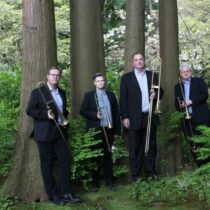
Cappella Borealis
Cappella Borealis was founded in 2015 as Vancouver’s own ensemble for early brass music. Consisting of Jeremy Berkman, Alex Fisher, Ellen Marple, and Nathan Wilkes, all performers on the early trombone (or “sackbut”), Cappella Borealis explores a range of repertoire from the Renaissance and Baroque periods featuring early brass, often in combination with voices and other instruments. The ensemble has appeared in various presentations by Early Music Vancouver, musica intima, and in other venues.
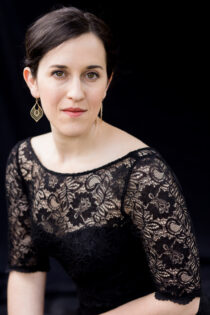
Arwen Myers, soprano
Praised for her “crystalline tone and delicate passagework” (San Francisco Chronicle), soprano Arwen Myers captivates audiences with her timeless artistry and exquisite interpretations. Transmitting a warmth and “deep poignancy” (Palm Beach Arts Paper) onstage, Arwen shines in solo performance across the US and beyond. With outstanding technique and mastery of a wide range of vocal colors, Arwen’s dazzling oratorio and solo appearances feature repertoire from the baroque to modern day, and everything in between. Her history includes appearances with Portland Baroque Orchestra, Early Music Vancouver, Pacific MusicWorks, Indianapolis Symphony Orchestra & Philharmonia Baroque Orchestra, working with such notable conductors as Nicholas McGegan, Monica Huggett, David Fallis, John Butt, David Hill, Scott Allen Jarrett, Erick Lichte & Matthew Dirst.
Recent highlights include Handel with Philharmonia Baroque Orchestra; Bach & Purcell with Portland Baroque Orchestra; Vivaldi, Monteverdi & Gabrieli with Early Music Vancouver; Handel with Oregon Bach Festival; Fauré with Indianapolis Symphony Orchestra; and the world premiere of Zachary Wadsworth’s JUNO-nominated When There is Peace with Chor Leoni, which received national broadcast across Canada. Of her title role in Handel’s Semele with American Bach Soloists Academy in 2018, San Francisco Classical Voice noted, “some of these star turns were shiny indeed, with soprano Arwen Myers leading the way… her musicality and demure demeanor remained a renewable pleasure.” An exceptionally talented and generous chamber musician, Arwen features with some of the nation’s premiere ensembles, including Seraphic Fire, Bach Akademie Charlotte, Spire Chamber Ensemble, and Bach Collegium San Diego, and Fear No Music. Arwen is represented by Aligned Artistry.
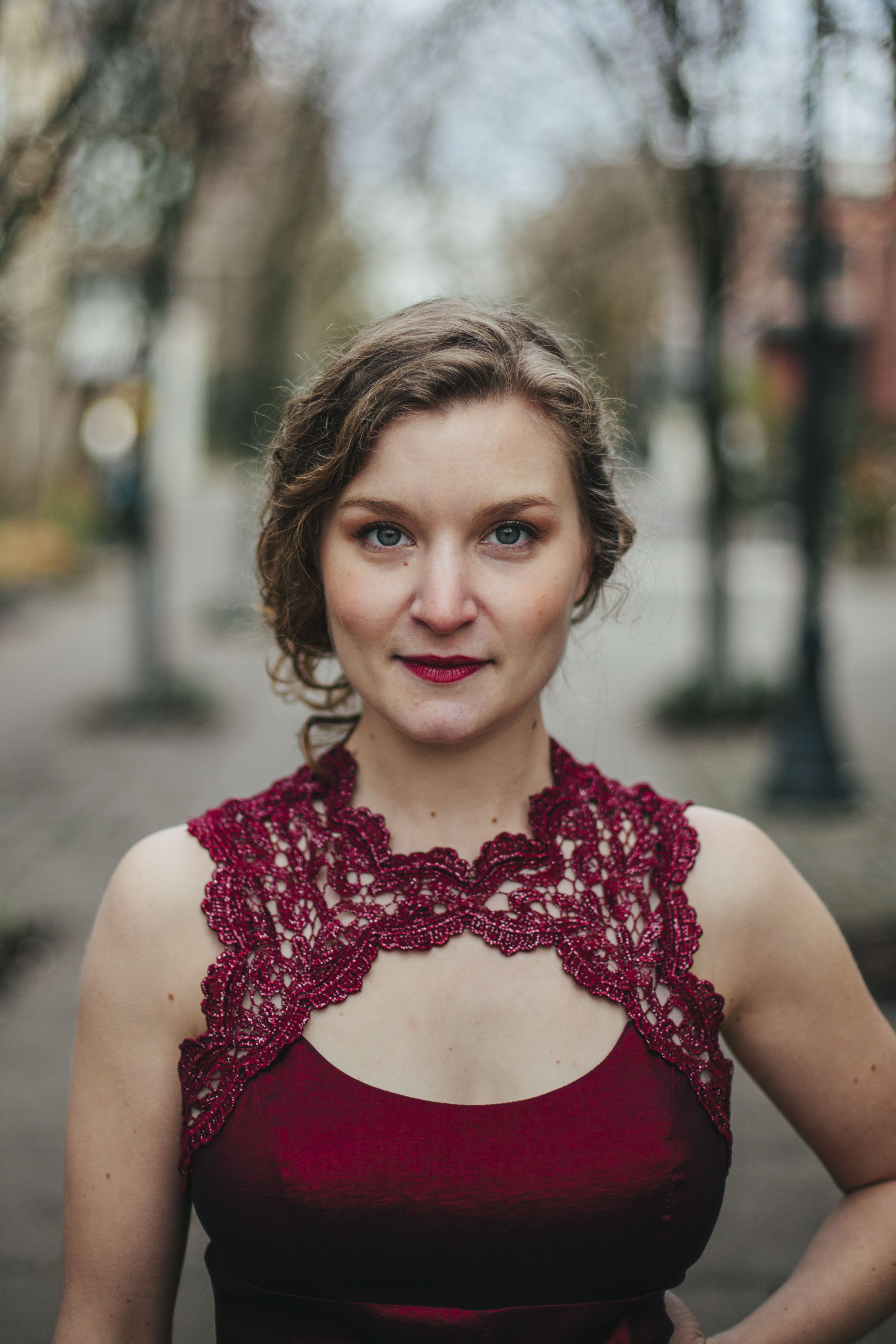
Danielle Reutter-Harrah, soprano
Danielle Reutter-Harrah has performed at the Boston Early Music Festival, with Seattle Symphony Orchestra, Seattle Opera, California Bach Society, American Bach Soloists, Baroque Chamber Orchestra of Colorado, Alabama Symphony, and Early Music Vancouver, among others. She most recently sang the role of Belinda in Baroque Chamber Orchestra of Colorado’s semi-staged rendition of Purcell’s Dido and Aeneas. In fall 2019 she performed with Pacific MusicWorks, the Byrd Ensemble and Early Music Vancouver. The 2018/19 season involved concerts of music by Brahms, Bach, Monteverdi, Handel, Clara Schumann and Fanny Mendelssohn, and others. Reutter-Harrah is a founding member of the voice and plucked strings duo Jarring Sounds, with Adam Cockerham on guitar, theorbo, Baroque guitar and lute. She sings frequently with Seattle’s Byrd Ensemble and Pacific MusicWorks. Danielle received her Bachelor’s of Music degree from the University of Denver’s Lamont School of Music and her Master of Music degree from the San Francisco Conservatory of Music. She lives in Seattle with her husband and son.
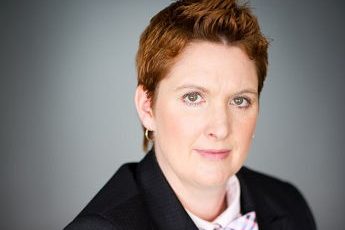
Vicki St. Pierre, alto
Contralto Vicki St. Pierre’s voice “invitingly combines clarity of expression and beauty of tone,” and is described as “rich with both a darkness and brightness.” As a specialist in early music, she has performed internationally with such groups as the Academy of Ancient Music, Tafelmusik, Les Violons du Roy, Portland Baroque Orchestra, Sacabuche, and the Pacific Baroque Orchestra. She has also performed with Symphony Nova Scotia, the Edmonton Symphony Orchestra, the Calgary Philharmonic Orchestra, and the Victoria Symphony Orchestra. She has appeared on the operatic stage with Opera Atelier, Ensemble Masques de Montreal, Toronto Masque Theatre, and Early Music Vancouver, among others. She has directed choirs across Canada and in the UK, and has been an assistant conductor with Opera Atelier. Vicki has a doctorate in vocal performance from the University of Toronto, and has been a faculty member at Mount Allison University in Sackville, NB since
2015. In 2020, Dr. St. Pierre was appointed Interim Dean of Arts, and in early 2021, she was offered the position of Dean of Arts for a 5-year term.
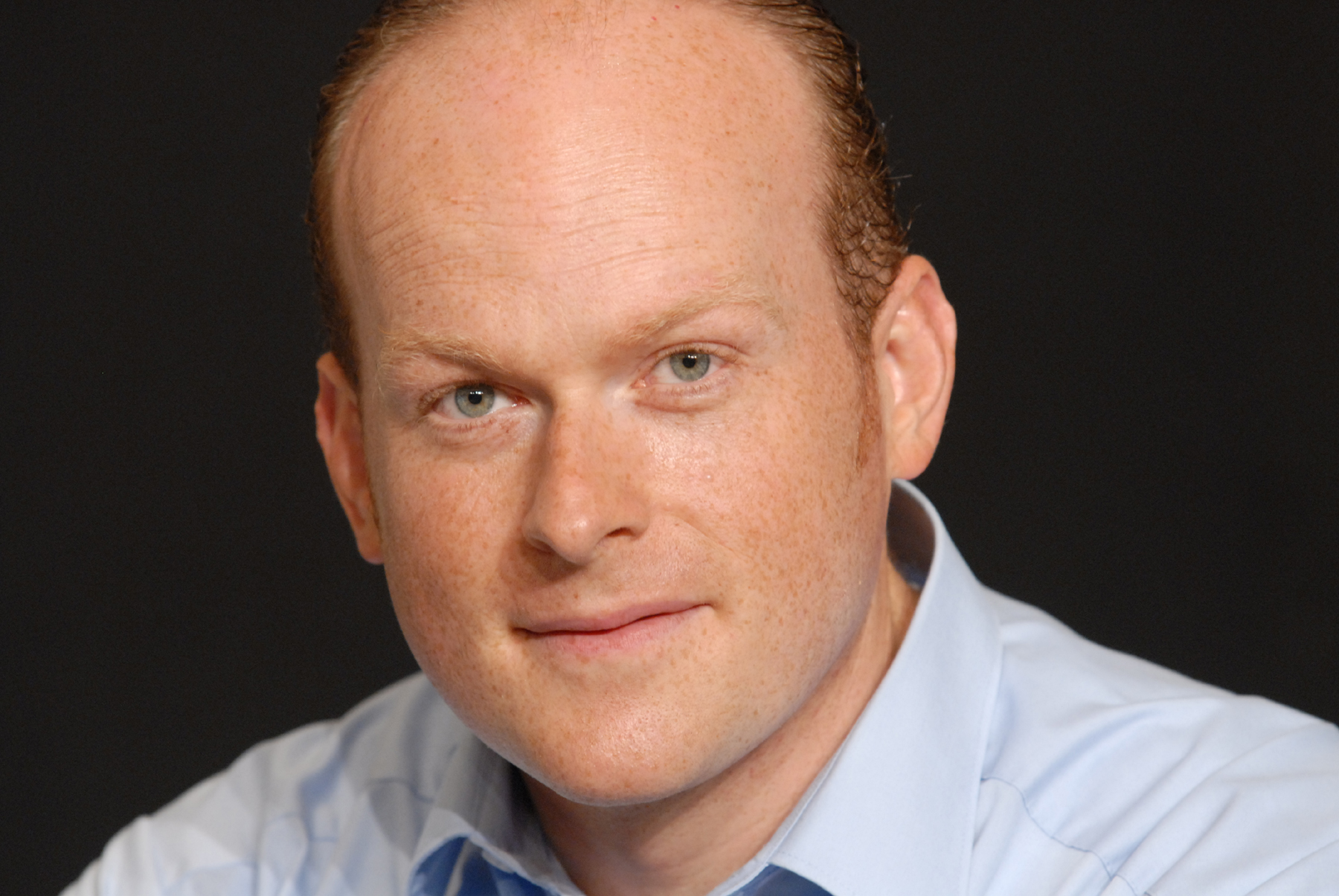
Colin Balzer, tenor
Canadian lyric tenor Colin Balzer’s North American engagements include recitals at New York’s Frick Collection and on the Philadelphia Chamber Music series; concerts with the Portland, New Jersey, Utah, Victoria, Ann Arbor, Québec, Atlanta, and Indianapolis Symphonies; Early Music Vancouver; Tafelmusik and the Toronto Mendelssohn Choir; Les Violons du Roy; the National and Calgary Philharmonics; Ottawa’s National Arts Centre Orchestra; Musica Sacra and the Oratorio Society of New York at New York’s Carnegie Hall. In addition, he is regularly featured in opera productions at the Boston Early Music Festival.
Guest soloist appearances abroad include work with Collegium Vocale Gent led by Philippe Herreweghe, Fundacao OSESP Orchestra and Louis Langrée, Les Musiciens du Louvre under Marc Minkowski, Rotterdam Philharmonic led by Yannick Nézet-Séguin, Akademie für alte Musik under Marcus Creed, and the RIAS Kammerchor, Scottish Chamber Orchestra, Radio Kamer Filharmonie, Estonian Chamber Choir, and Musik Podium Stuttgart. Operatic forays include the role of Don Ottavio in Mozart’s Don Giovanni at the Bolshoi and in Aix-en-Provence and Mozart’s La finta giardiniera in Aix and Luxembourg.
Particularly esteemed as a recitalist, he has been welcomed at London’s Wigmore Hall, the Britten Festival in Aldeburgh, the Vancouver Chamber Music Festival, the Wratislavia Cantans in Poland, and at the Festspielhaus in Baden-Baden. Recordings to date include Wolf’s Italienisches Liederbuch and Eisler and Henze song anthologies. Mr. Balzer holds the rare distinction of earning the Gold Medal at the Robert Schumann Competition in Zwickau with the highest score in 25 years. Born in British Columbia, he received his formal musical training at the University of British Columbia with David Meek and with Edith Wiens at the Hochschule für Musik Nürnberg, Augsburg.
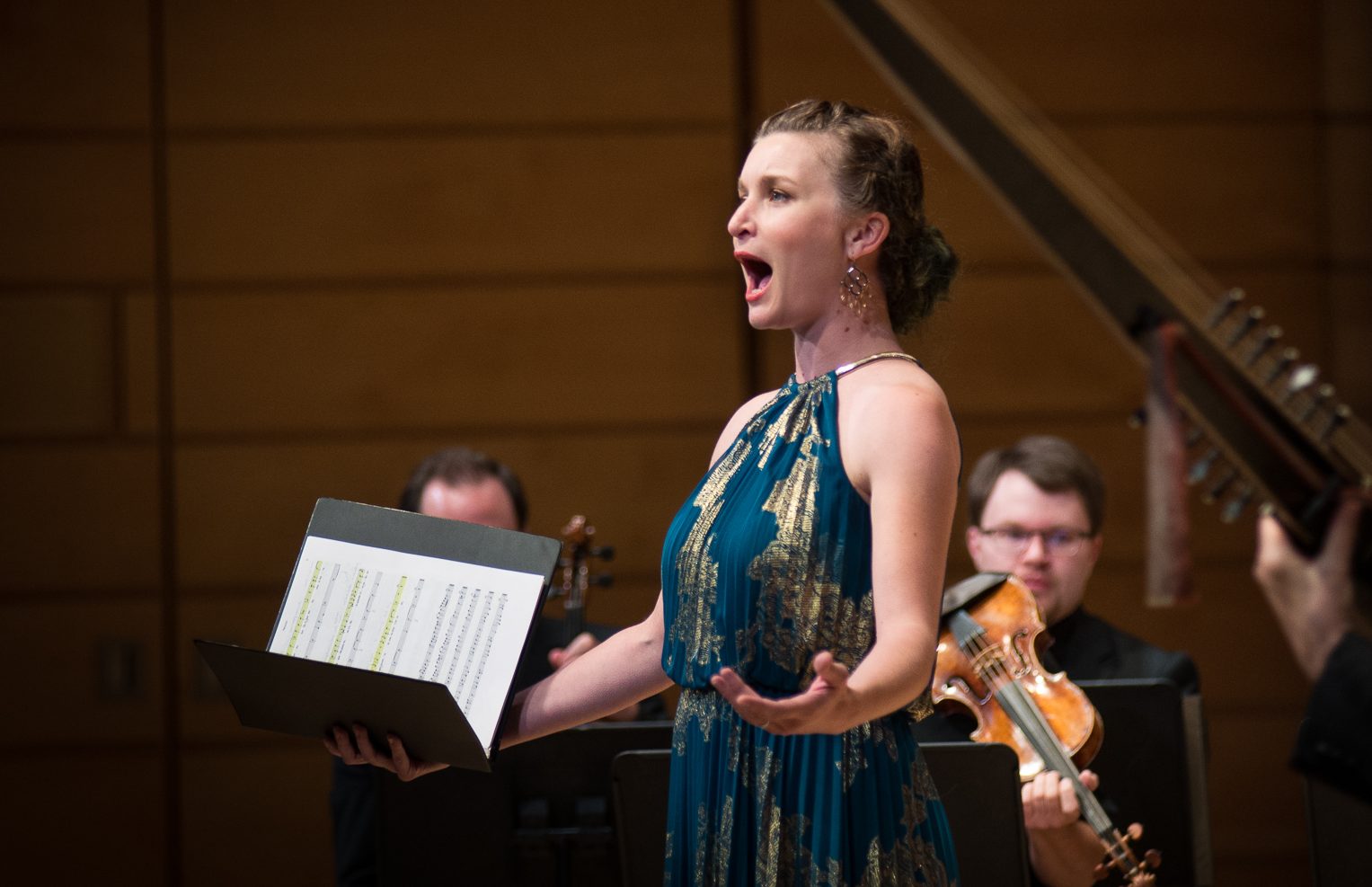
Festive Cantatas: A Monteverdi Christmas Vespers, alto
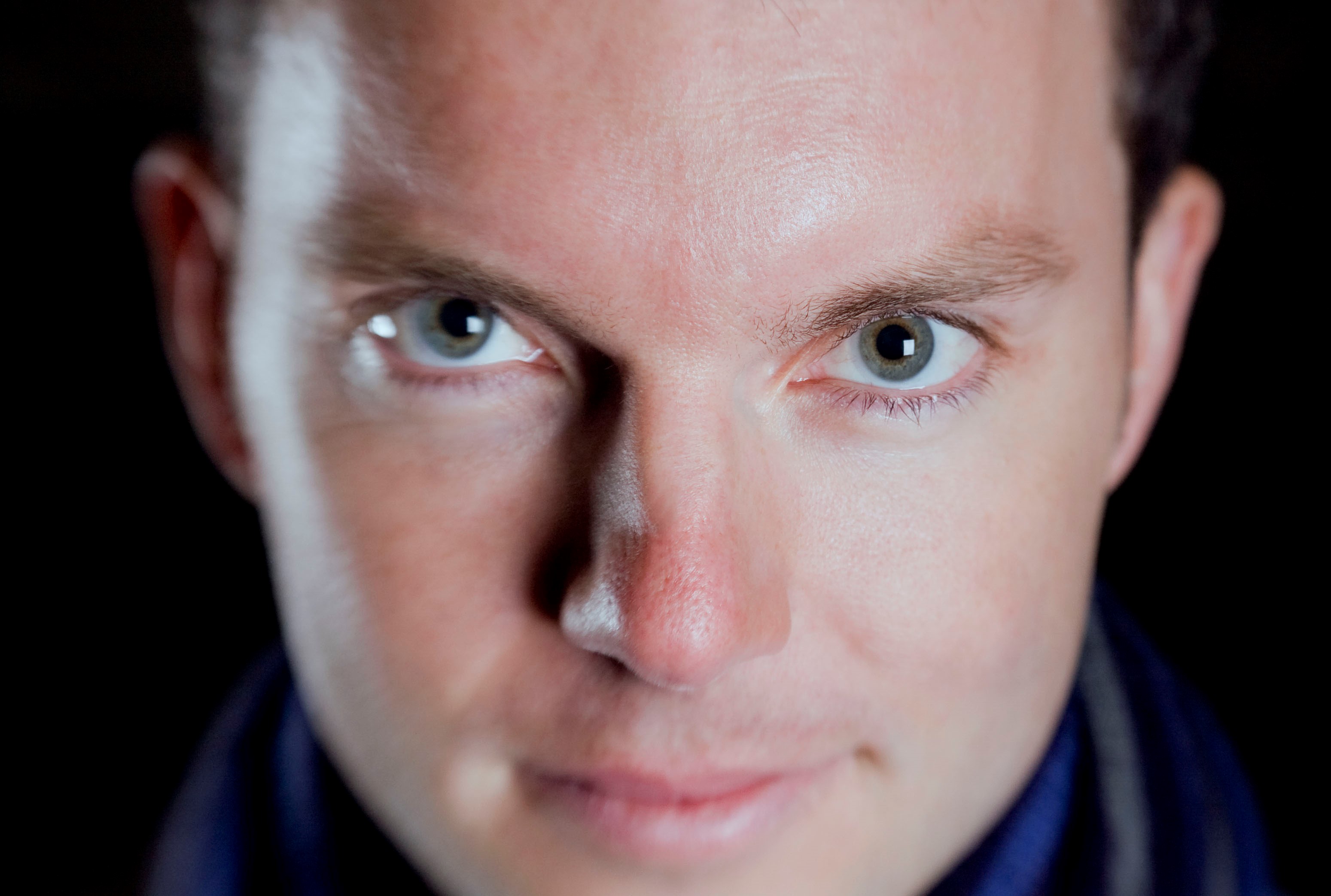
Kevin Skelton, tenor
Kevin Skelton has a multifaceted career as a performer, director, choreographer, teacher, and scholar. Equally at home on the concert and operatic stage Kevin specializes in seventeenth-century music, the Bach Evangelist roles, and experimental music theatre. Kevin has performed with some of the world’s finest early music ensembles including Collegium Vocale Gent, L’Arpeggiata, and Concerto Palatino and in numerous theatres and festivals throughout the world including Teatro La Fenice, La Monnaie, Aix-en-Provence, Opéra Royal de Versailles, and the early music festivals in Boston and Utrecht.
In recent years Kevin has begun a new initiative exploring the possibilities of integrating classical singing and contemporary dance. His unique facility combining voice and movement has been showcased in productions of the Netherlands Reisopera, Veenfabriek, Opera Atelier, Sasha Waltz & Guests, and the Dutch breakdance company ISH. Kevin has produced numerous videos and live performances under the auspices of his own company ātmā having performed at the Operadagen Rotterdam, Theater aan het Vrijthof in Maastricht, and Festival Les Nuits de Septembre (Festival de Wallonie). Kevin is currently exploring new performing practices applicable to the training, creation, direction, and performance of integrated music theatre.
On the opera stage Kevin recently performed in Monteverdi’s Orfeo at the Bergen International Festival, The Play of Daniel with the Toronto Consort, Caldara’s Dafne at Teatro La Fenice, Purcell’s Fairy Queen at the Hokutopia International Music Festival in Japan, and Charpentier’s Medée with Opera Atelier in Toronto and Versailles. This season Kevin will perform in Monteverdi’s Il Ritorno d’Ulisse with Opera Atelier, and Charpentier’s La descente d’Orphée aux Enfers with Ensemble Desmarest in Poland, Austria, and France.
Upcoming and recent concert appearances include the Budapest Festival Orchestra, Nieuwe Philharmonie Utrecht, Utrecht and Timisoara Early Music Festivals, Vancouver Early Music, the Toronto Consort, and several projects with BachPlus, Margaretha Consort, and the Nederlandse Bachvereniging in Belgium and the Netherlands.
The recipient of numerous awards and scholarships, including grants from the Canada Council for the Arts and the Ontario Arts Council, Kevin has completed graduate programmes in voice, conducting, musicology, and choreography having studied at the University of Toronto, Indiana University, Oxford University, and the contemporary dance school PARTS.
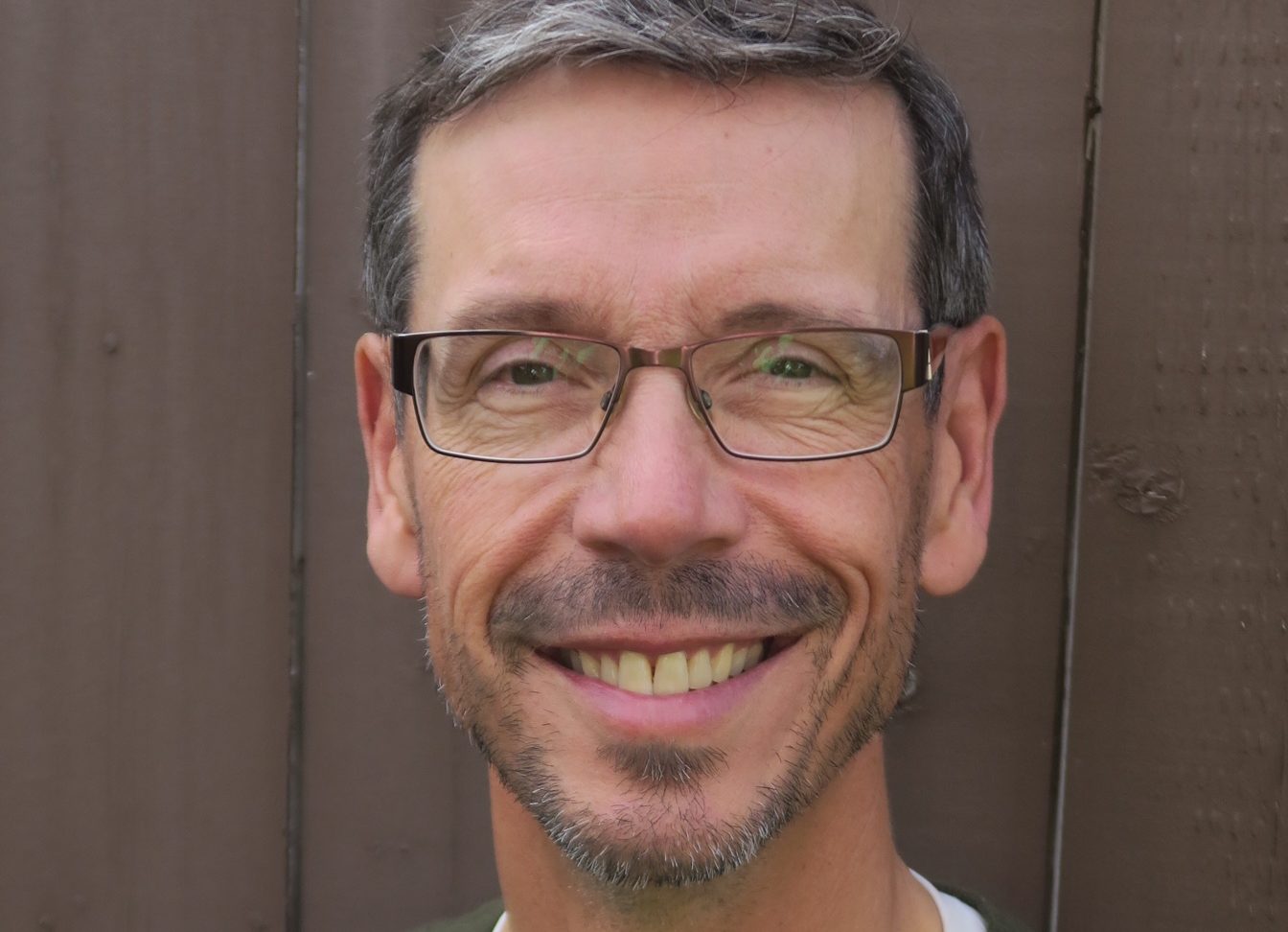
Paul Grindlay, bass
Paul Grindlay, Bass feels fortunate to have been blessed with a unique bass voice. He is indebted to the many amazing teachers, mentors, conductors and colleagues who have inspired and supported him on his musical journey, including his parents and grandparents, his wife, brothers and so many others.
He has enjoyed a quarter century of professional performances with such groups as the Vienna Chamber Opera, Opera Atelier, Calgary Opera, Pacific Opera Victoria, American Bach Soloists, Carmel Bach Festival, Tafelmusik, Toronto Consort, Studio de Musique Ancienne de Montreal, Calgary Philharmonic Orchestra, VoiceScapes, Luminous Voices, Pro Coro Canada and many others. He has also recorded CDs for NAXOS Records, Toccata Classics and Marquis.
In 2004 Paul was appointed Artistic Director of the Calgary Boys’ Choir. He also directs the choir at Knox Presbyterian Church and is on the vocal faculty at Mount Royal Conservatory of Music. In spare time he is most likely to be found fly fishing, hiking, biking, swimming, cooking or writing poetry.
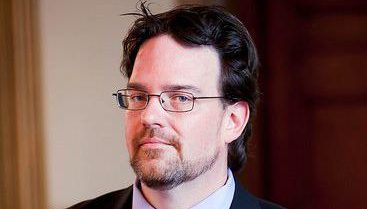
Martin Auclair, bass
At age 9, Montreal bass Martin Auclair began his musical training with Les Petits Chanteurs du Mont-Royal. His passion for singing, always increasing, led him to studies at the Conservatoire de musique du Quebec à Montreal and the Université de Montréal. The rich and unique timbre of his voice has given him the chance to be hired as a soloist and chorister by several ensembles in the greater Montreal area. He has been a soloist with the Studio de Musique Ancienne de Montréal (SMAM), the Opéra de Montréal, the Orchestre symphonique de Montréal, the Opéra de Québec, the Ottawa Bach Choir and Early Music Vancouver. He also participated in several recordings as a soloist and backing vocalist with the SMAM and other Montreal ensemble.
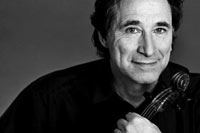
Marc Destrubé, violin
Canadian violinist Marc Destrubé is equally at home as a soloist, chamber musician, concertmaster or director/conductor of orchestras and divides his time between performances of standard repertoire on modern instruments and performing baroque and classical music on period instruments.
As a concertmaster, he has played under Sir Simon Rattle, Kent Nagano, Helmuth Rilling, Christopher Hogwood, Philippe Herreweghe, Gustav Leonhardt and Frans Brüggen. He is co-concertmaster of the Orchestra of the 18th Century with which he has toured the major concert halls and festivals of the world. He was concertmaster of the CBC Radio Orchestra from 1996 to 2002, concertmaster of the Oregon Bach Festival Orchestra, and founding director of the Pacific Baroque Orchestra.
He is first violinist with the Axelrod String Quartet, quartet-in-residence at the Smithsonian Institution in Washington D.C., where the quartet plays on the museum’s exceptional collection of Stradivari and Amati instruments. He has also performed and recorded with L’Archibudelli and is a member of the Turning Point and la Modestine ensembles and Microcosmos string quartet in Vancouver.
He has appeared as soloist and guest director with symphony orchestras in Victoria, Windsor, Edmonton and Halifax as well as with the Australian Brandenburg Orchestra, Portland Baroque Orchestra and Lyra Baroque Orchestra. A founding member of Tafelmusik Baroque Orchestra, he has appeared with many of the leading period-instrument orchestras in North America and Europe including as guest concertmaster of the Academy of Ancient Music and of the Hanover Band.
Marc has recorded for Sony, EMI, Teldec, Channel Classics, Hänssler, Globe and CBC Records.
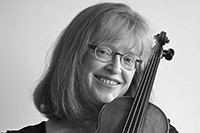
Linda Melsted, violin
The passionate artistry of violinist Linda Melsted has won the hearts of audiences across North America, Europe, and Japan. She has appeared as soloist, member, and leader of many outstanding ensembles including Tafelmusik Baroque Orchestra, Freiburg Baroque Orchestra, Portland Baroque Orchestra, Seattle Baroque Orchestra, Pacific Baroque Orchestra, and Pacific MusicWorks.
Linda is the featured soloist in Tafelmusik’s TV documentary, DVD, and CD “Le Mozart Noir,” where she musically incarnates the remarkable 18th-century virtuoso and adventurer, the Chevalier de Saint-Georges. An active chamber musician, Linda has appeared on many series including Early Music Vancouver, Gallery Concerts, Primavera Concerts, Bloomington Early Music Festival, the Calgary Symphony’s Italian Music Festival, Folia, Toronto Music Garden, Quadra Island Discovery Chamber Music Festival, and Tactus.
Linda was a member of Tafelmusik 1992-2004, Music Director of Nota Bene Baroque Orchestra, 2005-2009, a regular guest leader and soloist of the Kitchener-Waterloo Symphony Orchestra’s Baroque and Beyond series, and taught violin at the University of Waterloo. Happily back in Seattle since 2010, she formed the Salish Sea Players, a group dedicated to performing chamber music in retirement and nursing facilities and directs Seattle’s community Baroque orchestra, the New Baroque Orchestra. Linda performs on a Nicolo Amati violin from 1670.
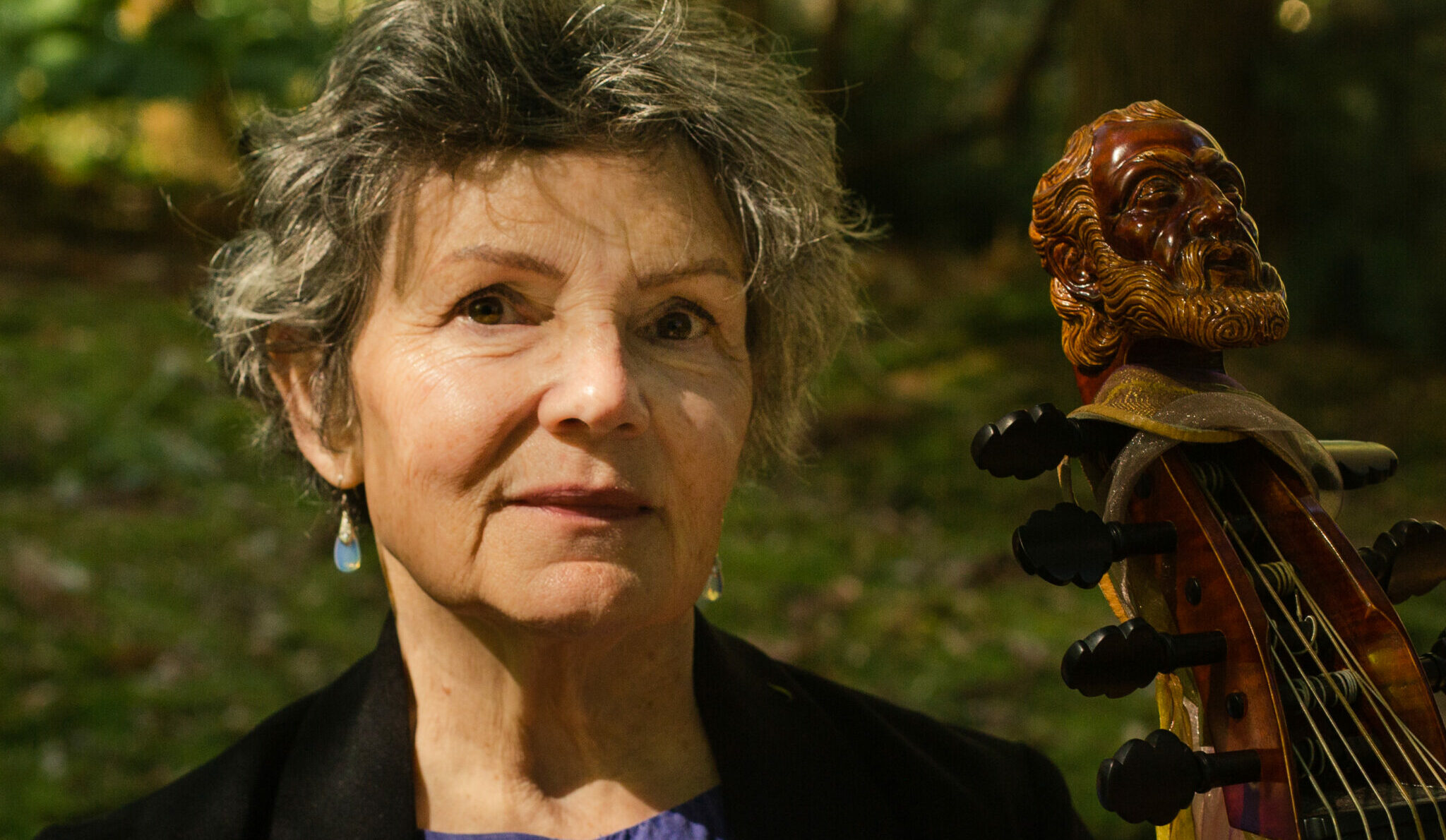
Natalie Mackie, bass viola da gamba
Natalie Mackie studied cello at the Conservatoire de Musique (Québec), followed by a degree from the School of Music, University of British Columbia. While at UBC she was introduced to the viola da gamba, and following graduation, she pursued further studies at the Koninklijk Conservatorium in The Hague. Natalie has played with many ensembles in Canada and the US, including New World Consort, Les Coucous Bénévoles, Tafelmusik, Portland, and Seattle Baroque Orchestras, Les Voix Humaines, Tempo Rubato, Les Voix Baroque, Oregon Bach Festival Orchestra, Victoria Baroque, and Vancouver Intercultural Orchestra among others. Natalie is a member of Pacific Baroque Orchestra and the chamber ensemble “La Modestine”- both Vancouver-based ensembles. She has toured throughout Canada, Europe, and the US and recorded for Radio France, German Radio, BBC, CBC, and NPR, as well as the Canadian label Atma Classique. Natalie is a regular performer in the Pacific Baroque Festival, held annually in Victoria, BC, and teaches in the Baroque Orchestra Mentorship Program at the University of British Columbia.
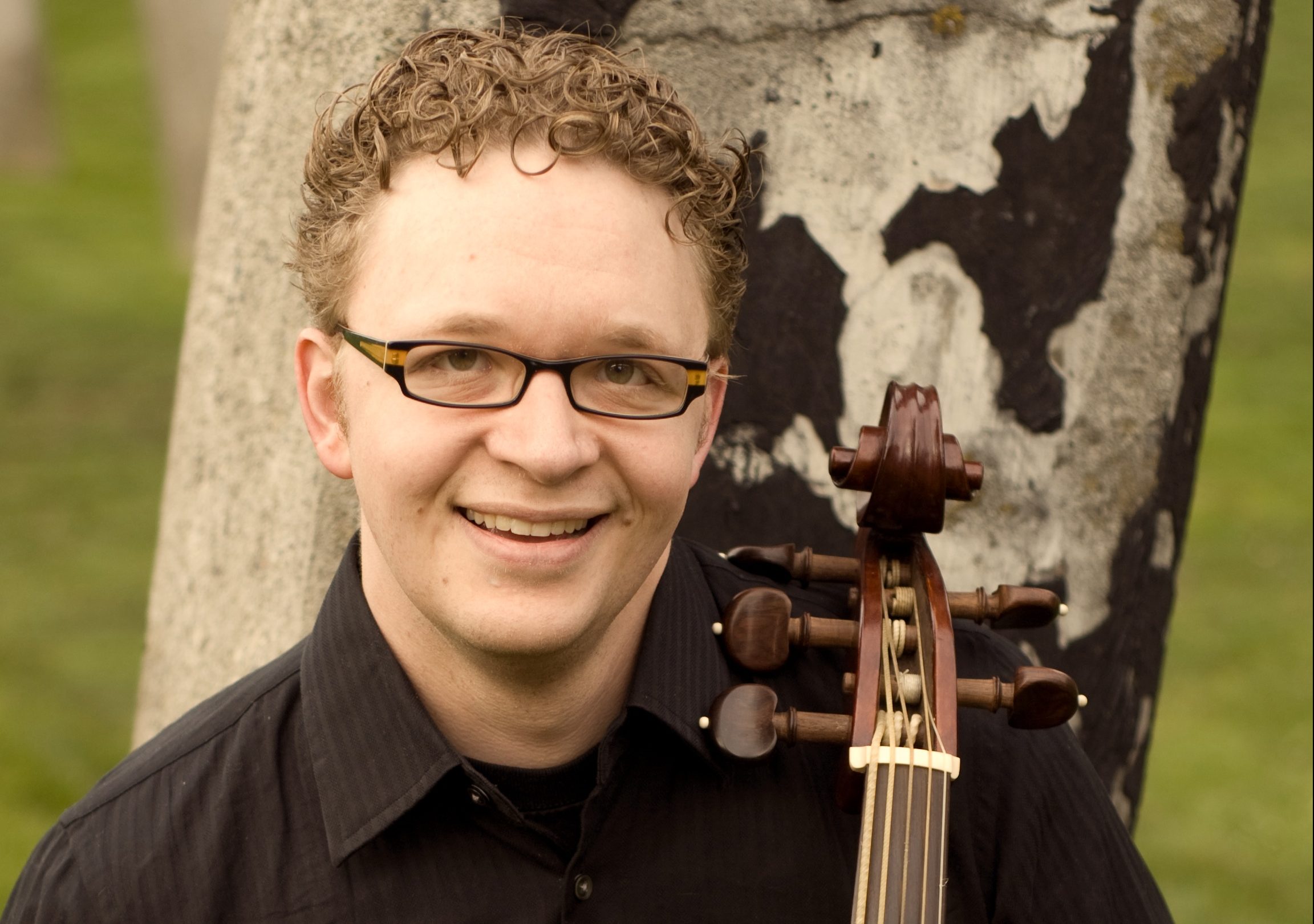
Nathan Whittaker, cello
Nathan Whittaker, violoncello, enjoys a unique and diverse career as a concert soloist, chamber musician, recitalist, teacher, and historical cello specialist with concert stops ranging from Seattle to New York to Dubai. He is the Artistic Director of Gallery Concerts (Seattle), a concert series of chamber music on period instruments, and regularly performs with the Seattle Baroque Orchestra, Pacific Baroque Orchestra, Portland Baroque Orchestra, Rosa Barocca, Byron Schenkman and Friends, and the Pacific Northwest Ballet. Recent appearances include the Oregon Bach Festival, Indianapolis Early Music Festival, Vancouver Bach Festival, Pacific Baroque Festival, American Handel Festival, Pacific MusicWorks, 45th Parallel, Hawaii Performing Arts Festival, and the Berkeley Early Music Festival. An active pedagogue, he has served on the faculty of Cornish College of the Arts and runs a dynamic private studio. He can be heard on recordings by ATMA Musique, Harmonia, and Centaur, as well as live broadcasts by NPR, CBC, and KING FM. Dr. Whittaker holds a Doctorate of Musical Arts from the University of Washington and Bachelors and Masters degrees from Indiana University. He performs on a cello of Mario Gadda from 1957, and a baroque cello of Johann Christian Ficker II from c. 1770.
Curtis Daily, double-bass
Curtis Daily has focused on the historical performance practice of Baroque and classical music for more than 25 years. He is the principal bassist with Portland Baroque Orchestra and a member of Seattle Baroque Orchestra since its inception, as well as frequent appearances with Pacific Baroque Orchestra, and Oregon Bach Festival. Daily also performs on occasion with Musica Angelica, Orchester Wiener Akademie, Philharmonia Baroque Orchestra, and Tafelmusik Baroque Orchestra, working with many of the most distinguished artists in the early music field. In the realm of modern performance, Mr. Daily performs every summer at Chamber Music Northwest, where he collaborates with leading chamber musicians from around the world. Daily was a member of the Oregon Bach Festival orchestra for the Grammy-winning recording of Credo by Krzysztof Penderecki on Hannsler Records, and is also heard on recordings for Virgin Classics, Koch, Centaur, and Sub-Pop Records. He lives in Portland, Oregon.
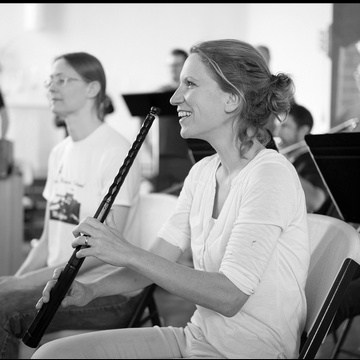
Alex Opsahl, cornett
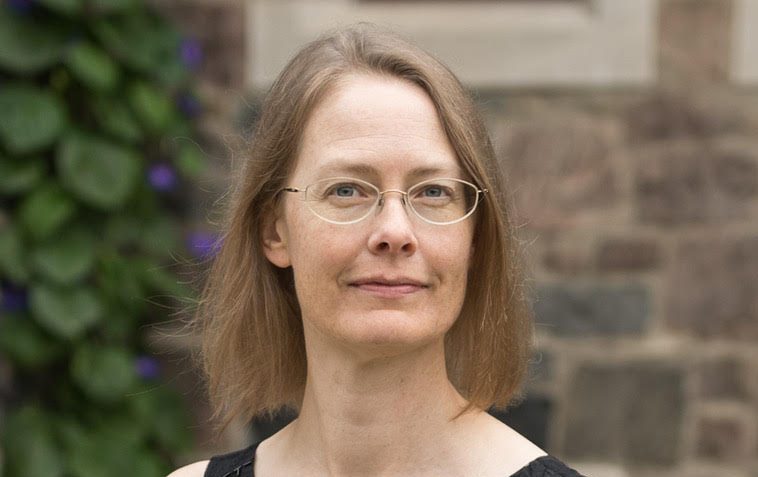
Kiri Tollaksen, cornett
Kiri Tollaksen (cornetto) enjoys a varied career as a performer and teacher. Praised for her "stunning technique, and extreme musicality," (Journal of the International Trumpet Guild), and called an “excellent cornetto player” (New York Times), Kiri has performed extensively throughout North America and Europe with such groups as Concerto Palatino, La Fenice, Toronto Consort, Tenet, Piffaro, Pacific MusicWorks, Tesserae, Apollo’s Fire, and is a member of the highly regarded early brass ensemble Dark Horse Consort. With degrees from Eastman, Yale and University of Michigan, Kiri has been on the faculty of Indiana University (Bloomington), Brass Antiqua (VA), and the Amherst and Madison Early Music Festivals. She happily lives in Ann Arbor, Michigan with her husband Ron and 2 cats. For upcoming concerts, please visit http://www.KiriTollaksen.com.
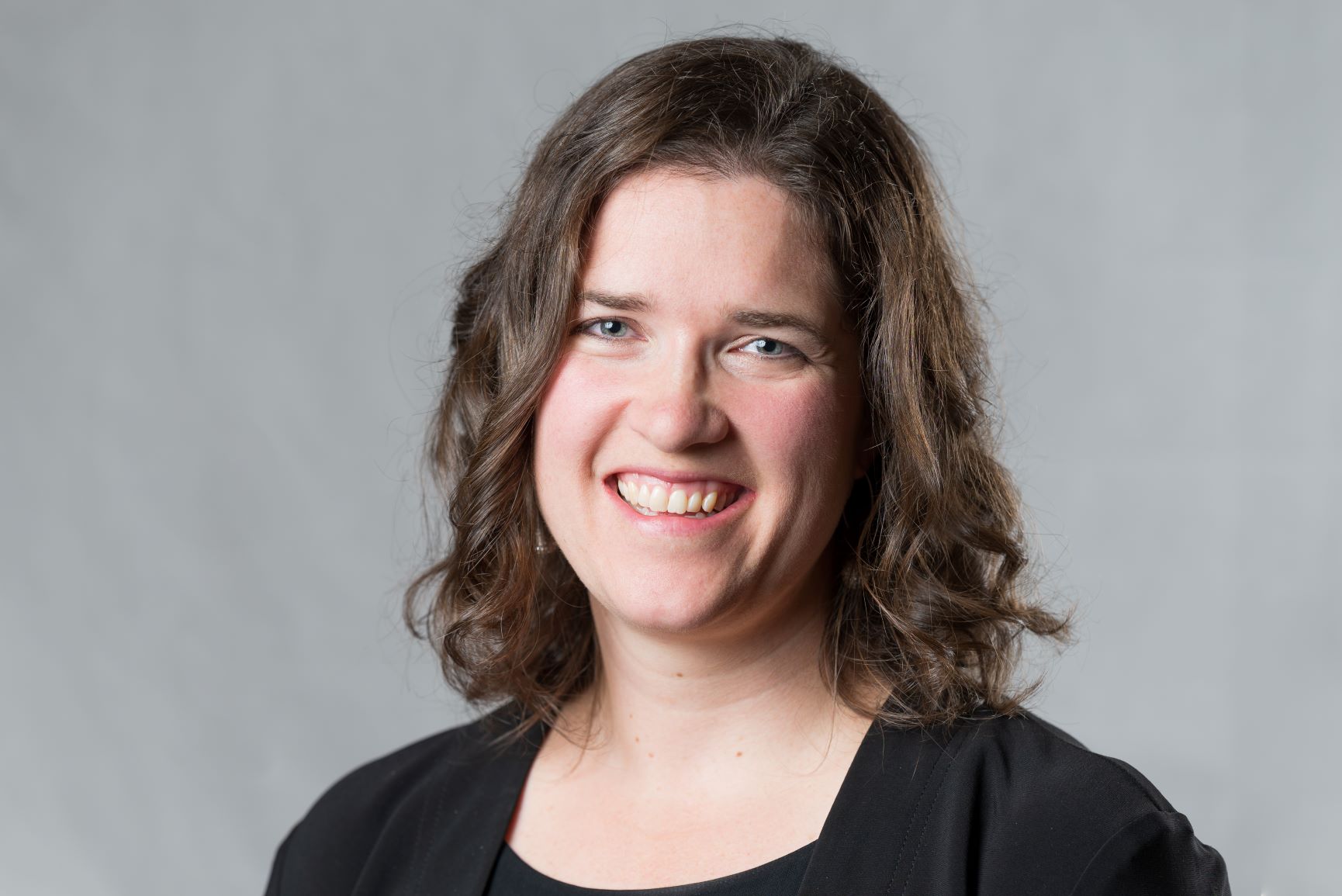
Christina Hutten, organ
Organist and harpsichordist Christina Hutten has presented recitals in Canada, the United States, and Europe. She performs regularly with Pacific Baroque Orchestra and has appeared as concerto soloist with the Okanagan Symphony, the Vancouver Academy of Music Symphony Orchestra, and the Arizona State University Chamber Orchestra. Christina is also an enthusiastic teacher. She coaches and coordinates the early music ensembles at the University of British Columbia and has given masterclasses and workshops at institutions including the Victoria Baroque Summer Program, Brandon University, the University of Manitoba, Wilfrid Laurier University, Canada’s National Music Centre in Calgary, and the Tafelmusik Baroque Summer Institute. Funded by a generous grant from the Canada Council for the Arts, she pursued historical keyboard studies in Europe with Francesco Cera, François Espinasse, and Bernard Winsemius. She participated in the Britten-Pears Programme, led by Andreas Scholl and Tamar Halperin, for which she was awarded the Loewen Prize. Christina obtained a master’s degree in Organ Performance from Arizona State University under the direction of Kimberly Marshall and an Advanced Certificate in Harpsichord Performance from the University of Toronto, where she studied with Charlotte Nediger. She is now a doctoral candidate in musicology at UBC.
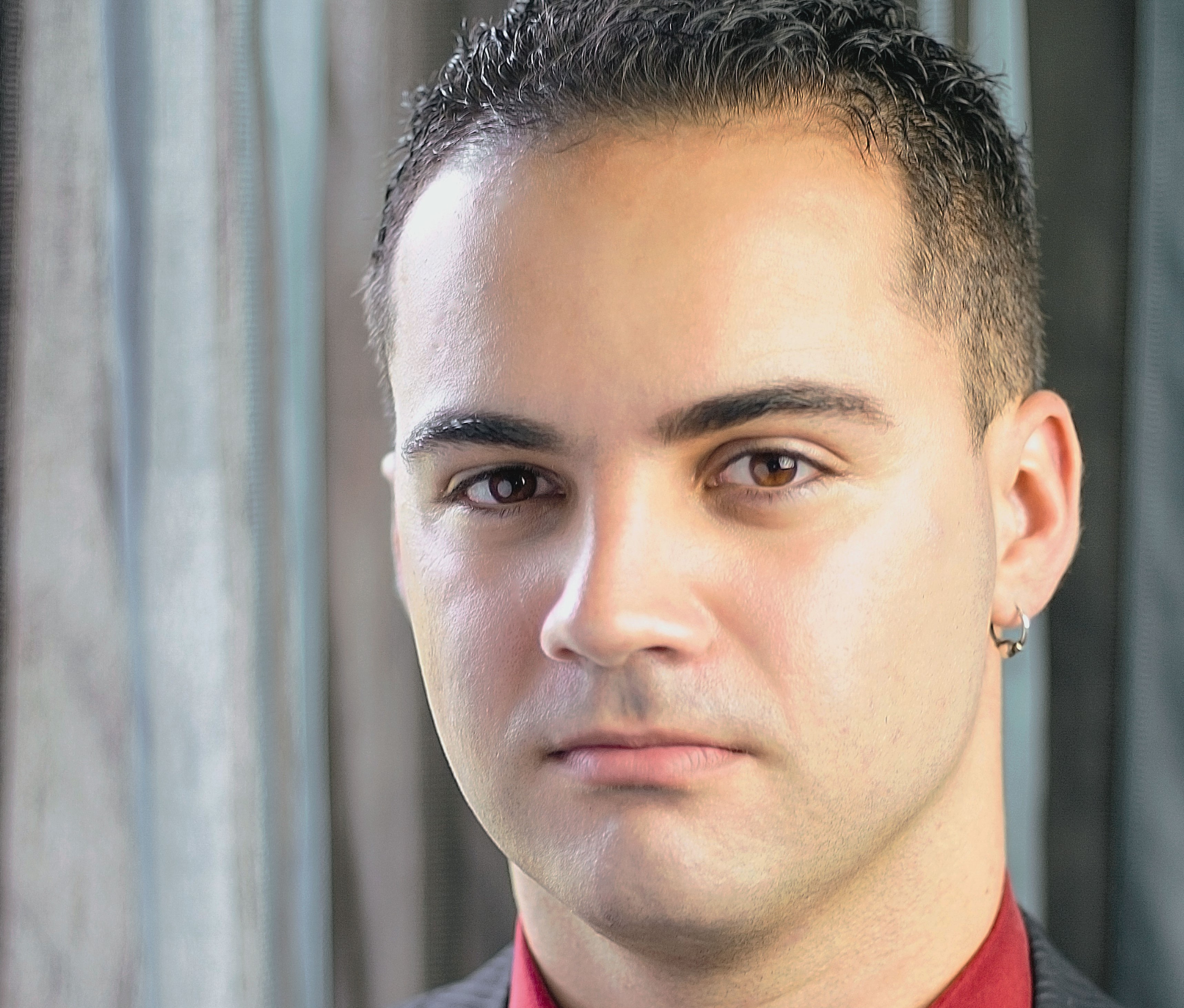
Konstantin Bozhinov, theorbo/lute
Dr. Konstantin Bozhinov, PhD, is a multi-instrumentalist, improviser and educator.
A sought-after recording artist and collaborator, Kosta has recorded soundtracks for movies and best-selling video games on the guitar, lute, accordion, and organ. He has appeared with the symphony orchestras of Vancouver, Victoria, Edmonton, Pacific Opera Victoria, the Pacific Baroque Orchestra, and the Sydney Classical Orchestra. An active and published researcher on the effects of economic policy on the performing arts, Kosta also writes on the philosophy of aesthetics, the psychology of creativity, and the role of improvisation in music education. He has taught history and performance practice at the University of Victoria, Vancouver Community College, and Mount Royal University.
Dr. Bozhinov is an organist and choir director in West Vancouver and teaches music for Vancouver Independent Schools.
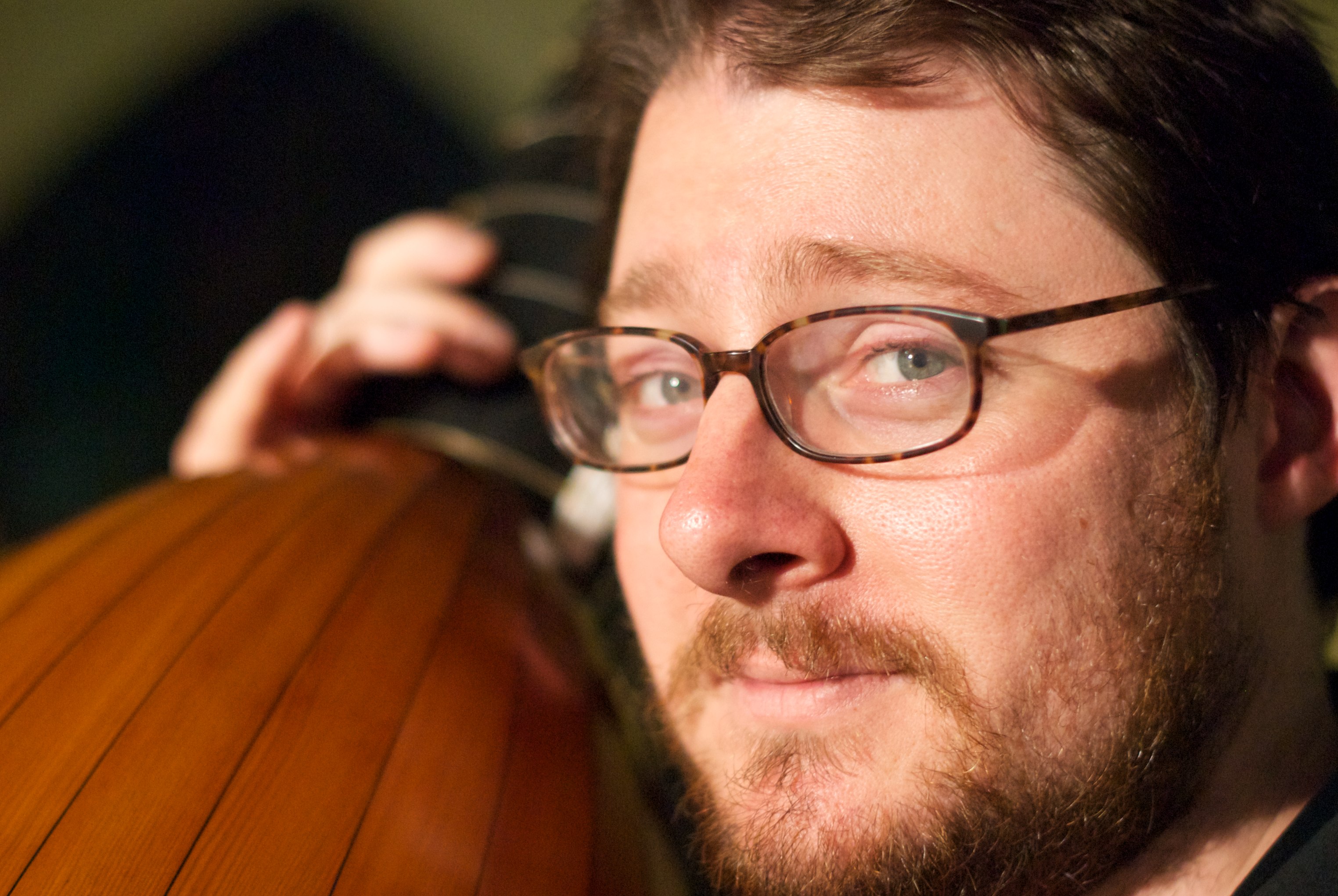
John Lenti, theorbo/lute
John Lenti, whose playing on theorbo, baroque guitar, and lutes has been described as “a joy to behold” (Seattle Times) and praised for its “nuanced beauty and character” (Gramophone), regularly deploys his “uncommonly big sound” (Third Coast Digest) to considerable acclaim as a soloist and accompanist with groups like Apollo’s Fire, Haymarket Opera Company, Portland Baroque Orchestra, Opera Omnia, Seattle Baroque, the Seattle Symphony, the Los Angeles Philharmonic, and Seraphic Fire, among many others.
He tours regularly with his ensembles Wayward Sisters and Ostraka, and from his base in Seattle, he appears frequently with most groups of note on the West Coast. He can be heard on a handful of recordings on various labels with several of the aforementioned groups, and on a recent release with Dominique Labelle and Musica Pacifica. John attended the North Carolina School of the Arts and Indiana University and he studied lute with Jacob Heringman and Elizabeth Kenny, and Nigel North.
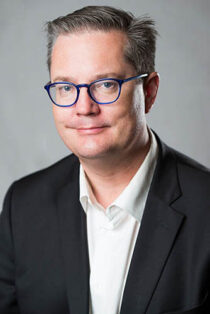
Alex Fisher, sackbut
Alex Fisher is a co-founder of Cappella Borealis and Professor of Music at the University of British Columbia since 2002. A native of Massachusetts, he studied trombone at Northwestern University (B.Mus., 1992) and received degrees in musicology from Indiana University (M.A., 1995) and Harvard University (Ph.D., 2001). A musicologist specializing in the music and soundscapes of Germany in the Renaissance and Baroque eras, he is the author Music and Religious Identity in Counter-Reformation Augsburg (Ashgate, 2004) and Music, Piety, and Propaganda: The Soundscapes of Counter-Reformation Bavaria (Oxford, 2014), as well as of a range of articles and editions on music and religion in the post-Reformation era. He began studying sackbut and early winds at Northwestern University and has performed with the Indiana University Early Music Institute, musica intima, La Modestine, and in various productions of Early Music Vancouver.
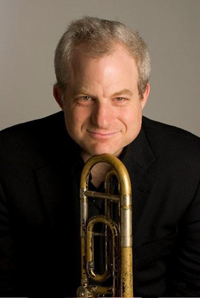
Jeremy Berkman, sackbut
Tenor Sackbut player Jeremy Berkman was first inspired to learn the trombone through listening to recordings of Gabrielli Canzoni every holiday season growing up. Despite also spending time when young learning to play alto recorder, it is more modern music that overtook his education and led him to complete degrees in music at Oberlin Conservatory and the Juilliard School. He currently holds leading positions with Vancouver Opera’s Orchestra, A Touch of Brass Quintet, the Jill Townsend Big Band, cellist Peggy Lee’s sexet (The Peggy Lee Band) and Turning Point Ensemble, where he also serves as Director of Education and Community Engagement. Honoured with Vancouver’s Mayor’s Award for music in 2011, Jeremy has found in Vancouver a community of entrepreneurial, creative, and talented colleagues with whom he has joined to participate and in some cases produce numerous incredibly inspiring musical and interdisciplinary efforts. He is very thrilled to be invited by Jacob Gramit to participate in this Lutheran Vespers for Troubled Times production, and find in its music-making the circles of life and truth.
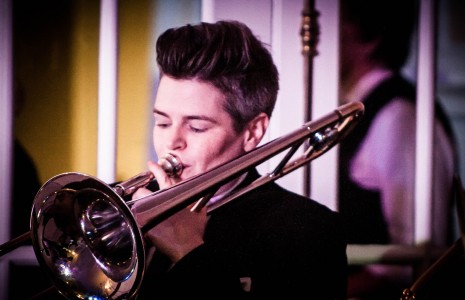
Ellen Marple, sackbut
Ellen Marple is active in the Vancouver, British Columbia music scene both as a freelance low brass musician and an educator. In May of 2010 she completed a Masterʼs Degree in Trombone from the University of British Columbia which had a split focus on contemporary trombone music, under the direction of Jeremy Berkman and early music under the direction of Ray Nurse. Performing regularly in a wide variety of musical styles, Ellenʼs freelance career includes early music, chamber, orchestral, latin, jazz, reggae, hip hop and indie rock. Placing importance on fundamental brass skills, she encourages her students to work across genres and explore different musical styles. Performances and recordings of note are with: the Vancouver Symphony Orchestra, the Salsa Dura Ensemble led by Sal Ferreras, the Fred Stride Jazz Orchestra, Dan Mangan, The Salteens, Parlour Steps, C.R. Avery, Pendomoja, Vancouver Island Symphony, University of North Texas Wind Ensemble and the 2008 Festival of Ideas period performance of Monteverdiʼs Orfeo, directed by Ellen Hargis.

Nathan Wilkes, sackbut
Nathan Wilkes studied bass trombone at Oberlin Conservatory with Per Brevig and Ray Premru, and completed doctoral studies at UBC, where he studied with Doug Sparkes. He has also studied early music performance (sackbut) with Bruce Dickey. He enjoys playing medieval, renaissance, and baroque wind instruments, and is a member of Chanterie Medieval Vocal Ensemble.

